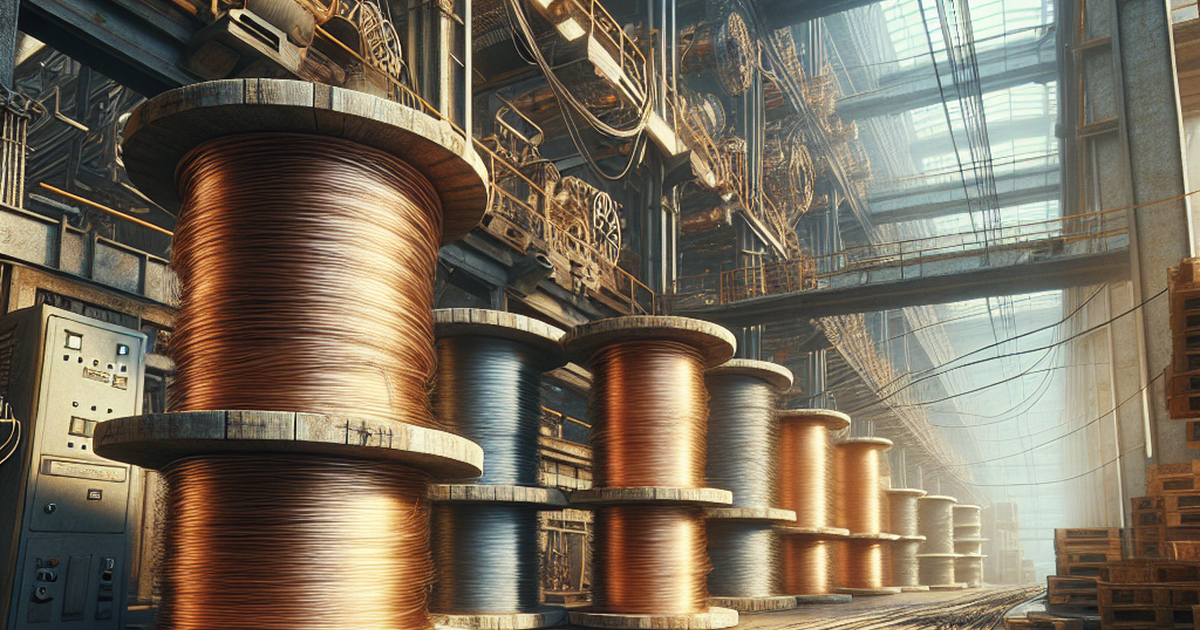US Electrical Wire Manufacturers Raise Prices Despite Copper Tariff Exemptions

Summary
Full Article
Major electrical wire manufacturers in the United States have begun increasing prices despite President Trump's recent announcement exempting basic copper imports from tariffs. This development comes just weeks after the tariff reprieve and coincides with a sharp decline in global metal prices, suggesting that American consumers may still face higher costs for copper-based products.
The price increases by US copper traders indicate that factors beyond import tariffs are influencing market pricing. Industry analysts suggest that supply chain considerations, domestic production costs, and market speculation may be contributing to the upward price pressure. Canadian copper industry players, including companies like Aston Bay Holdings Ltd., are closely monitoring the tariff situation as it could significantly impact North American market dynamics.
According to industry updates available through various financial news platforms, including the company's newsroom at https://ibn.fm/ATBHF, market participants are assessing how the tariff exemptions will affect cross-border trade and pricing structures. The situation highlights the complex interplay between trade policy, commodity markets, and consumer pricing in the copper industry.
The price increases despite favorable tariff conditions raise questions about market transparency and the transmission of cost savings to end consumers. Electrical wire manufacturers, who represent a significant portion of copper demand, appear to be maintaining or increasing margins even as raw material costs decline. This development could have broader implications for infrastructure projects, construction costs, and consumer electronics pricing throughout the United States.
Market observers note that the disconnect between falling metal prices and rising finished product costs warrants closer examination by industry regulators and consumer protection agencies. The situation demonstrates how multiple factors beyond simple tariff calculations can influence final consumer pricing in commodity-dependent industries, potentially affecting business investment decisions and economic competitiveness across multiple sectors.

This story is based on an article that was registered on the blockchain. The original source content used for this article is located at InvestorBrandNetwork (IBN)
Article Control ID: 175643